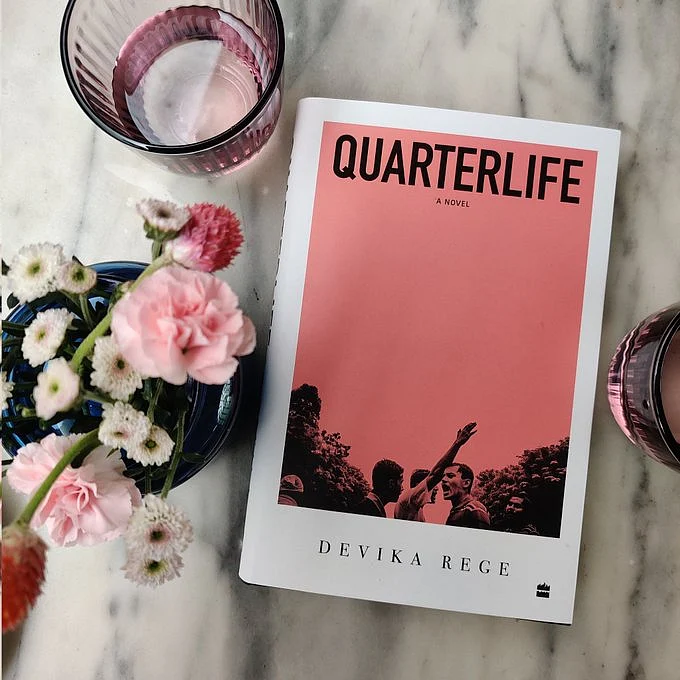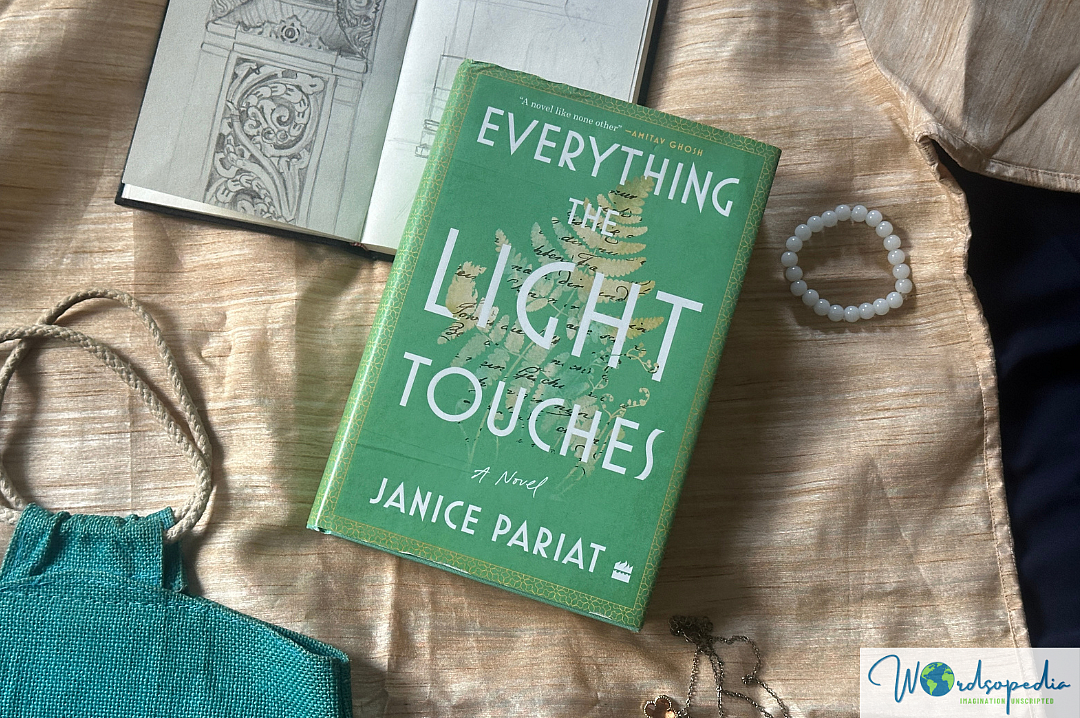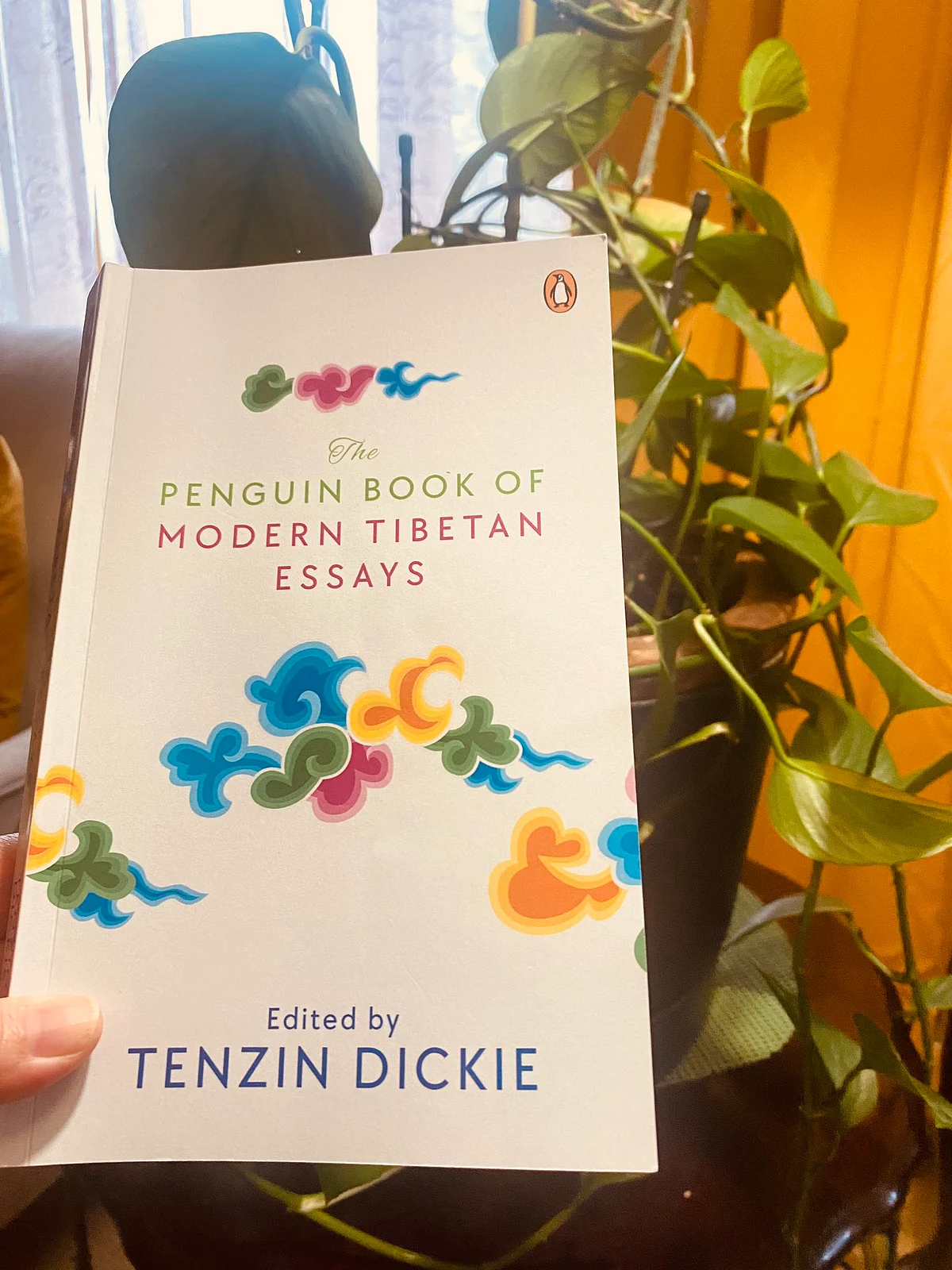Book it! Top 10 reads of 2023 going on 2024
As we turn the page on 2023, here are 10 titles you might like to catch up on, if you haven’t already—alongside this author, who will be found racing through her TBR over the weekend

When time is short and the books are long, why bother? Well, here are 10 reasons: five down, five to go!
First, the five I've read and loved already, and then, the five I would love to read and so, I hope, would you.
Devika Rege: Quarterlife
This is a novel that took the top of my head off, and made me re-see the city I thought I knew so well — having written it into my stories and poems, having dreamt it obsessively into my bones.
Devika Rege’s first novel, Quarterlife, has Mumbai a.k.a. Bombay as the epicentre of the maelstrom that is Modi’s India. Through her young characters (the quarterlifers) she teases out and pushes back against the competing narratives at stake: hyper-nationalism, the so-called economic miracle, caste politics, the well-greased Hindutva hate-machine…
With such brutality to contend with, it is almost shocking to find such delicacy of attention, such depth of listening, such ability to hold us, simply, directly, with wisdom and grief, through lived experience, researched and felt reality. Beautifully built up to a level of almost unbearable tension, this one’s the mirror walking down the road, breaking into a thousand shards, and still walking.

Rimli Sengupta: A Lost People’s Archive
This one came to me through Brinda Datta, friend and editor, asking if I might review it for Biblio. It’s been ages since I did book reviews but this one tempted me, being, among other things, about 'Bangla desh' before it became Bangladesh.
My maternal family came from Chattogram (Chittagong), and for me, the death of the sweet inflections of the region's unique Bangal dialect with the passing of my dadu (grandfather), dida (grandmother) and mama (uncle) had opened a secret yearning to know more about my other land.
Inventive in structure and fearlessly digressive, Sengupta archives the ‘unfree freedom fighters’ who realise that the ‘nation’ they fought for was not theirs, after all. The lost people are the outcasts, the Bengali Muslims, the Bangal Dalits, the ones written out not just from history, but from story itself.
I read it as if it were a map, signposted only by names from family lore. We might all read it to learn, unlearn and relearn much that has been erased from our textbooks, and our memories.
Janice Pariat: Everything the Light Touches
I bought Pariat’s book in February of what will soon be last year. I began reading it last week, and I blessed the gods of procrastination for saving this book for the moment I needed it most. Why? Because it took me gently by the hand, sat me down, and began to tell me a story.

Not a uni-directional story, but one both divergent and convergent, finely patterned, fragrant with crushed sage, textures achingly familiar and wonderfully strange. Read it for a journey that takes you from Shillong to Lapland, crossing centuries, making real characters like Goethe and Linnaeus wonderfully true, making fictional characters like Shai feel like old friends you never knew you had. A treasure, infused by a quiet feminism and the spirit of that almost-forgotten wonder of discovering things for the very first time.
The Penguin Book of Modern Tibetan Essays, edited by Tenzin Dickie
This one spoke to me of homelessness, exile, and the heartbreak of having nowhere to call home. Having grown up in Darjeeling, and breathed in the ineffable feeling that fluttered with the Tibetan prayer flags against the blue, blue sky of my joyous childhood, I felt instantly (and guiltily) at home within the shifting landscape I found in its pages.
I acknowledge, shamelessly, that the first essays I read were by Tenzin Tsundue and Tsering Wangmo Dhompa, friends whose work in poetry and activism I fiercely admire. And that is when I began to realise where their grace and resilience come from. Unimaginable hardships, constraints, provisional set-ups, the ‘imaginative and inventive ways in which Tibetan refugees were managing a life in exile’ — all this and more can be found in this gem of a collection.

Laurent Mauvignier: The Birthday Party (tr. Daniel Levin Baker)
And finally, one for the road. The Birthday Party was a recommendation by friend and avid reader, bookseller and biblio-fiend Virat Chandok. I tend to trust him implicitly, just as I tend NOT to read Booker Prize long- or short-listers until the hoopla has died down.
So naturally, I bought and brought it home. And was I glad. Translated from the French by Daniel Levin Baker, it’s the kind of book I adore. Where the lyric density of the prose reels you in, the lucid intensity of the mind at work thrills you, and the diabolical menace of the action rivets you until you emerge, hours later, stunned and glad that you took the risk, and survived to tell the tale. Okay, so it is a thriller, but quite unlike any run-of-the-mill idea of the genre.
As for the five I'm all ready to read and love, here goes:
Mahasweta Devi’s Truth / Untruth (tr. Anjum Katyal)
Tiruvalluvar’s Tirukkural: The Book of Desire (tr. Meena Kandasamy)
Vivek Shanbhag’s Sakina’s Kiss (tr. Srinath Perur)
Manoranjan Byapari’s The Nemesis (tr. V. Ramaswamy)
Adania Shibli’s Minor Detail (tr. Elisabeth Jaquette)
Sampurna Chattarji is the author of 21 books. These include Dirty Love (Penguin, 2013), a collection of short stories about Bombay/Mumbai, and Unmappable Moves (Poetrywala, 2023). You can find her on Instagram as @ShampooChats
Follow us on: Facebook, Twitter, Google News, Instagram
Join our official telegram channel (@nationalherald) and stay updated with the latest headlines
Published: 29 Dec 2023, 9:33 PM